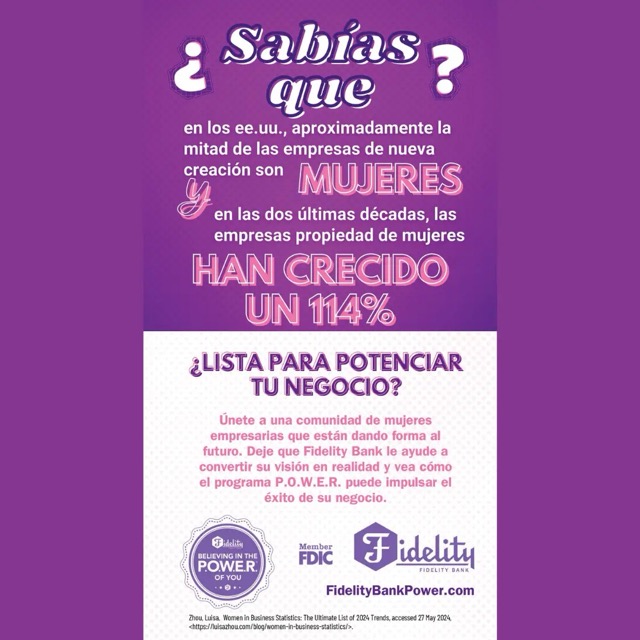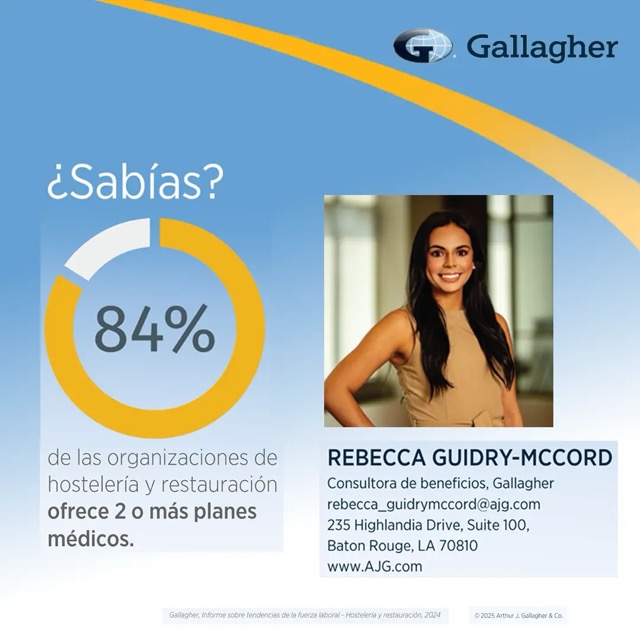New Orleans, leader and home for best practices
By Alejandra Guzmán
Click para español – New Orleans-Líder y sede de mejores prácticas económicas
When great minds meet, we can expect great ideas to happen. This is why NOLABA, the official economic development agency for the city of New Orleans, has developed a series of events to create social and intellectual settings that connect bright minds from the academic, private and public sectors.
NOLABA expects to elevate the conversation and find solutions to some of our city’s most pressing issues. Also, through these events, New Orleans will be able to position itself as a city of thought leaders and a home to best practices in economic development.
The first event within the series will be the Vanguard conference September 12-15, 2018. NOLABA will cohost the conference alongside Next City, a nonprofit organization with a mission to inspire social, economic and environmental change to improve cities around the world.
{module ad}
Solving challenges is a multidisciplinary endeavor, which is why leaders with different backgrounds will be selected to participate. About 800 participants have been part of past Vanguard conferences, and they all bring a wide variety of experiences.
The conference will include workshops, tours and conversations about trends to solve relevant issues around creating better cities. Participants will also have the opportunity to work with organizations to solve local challenges.
The program will culminate with the Next City Big Idea Challenge where a winning idea will be selected and implemented in New Orleans in the following year.
Applications for the 2018 Vanguard conference are open until May 31. The application fee is $35, but a reduced early bird fee of $25 is available until April 21st. Visit nolaba.org for more information.
Alejandra Guzman -Next City Conference & NOLABA from M90 Media on Vimeo.




















